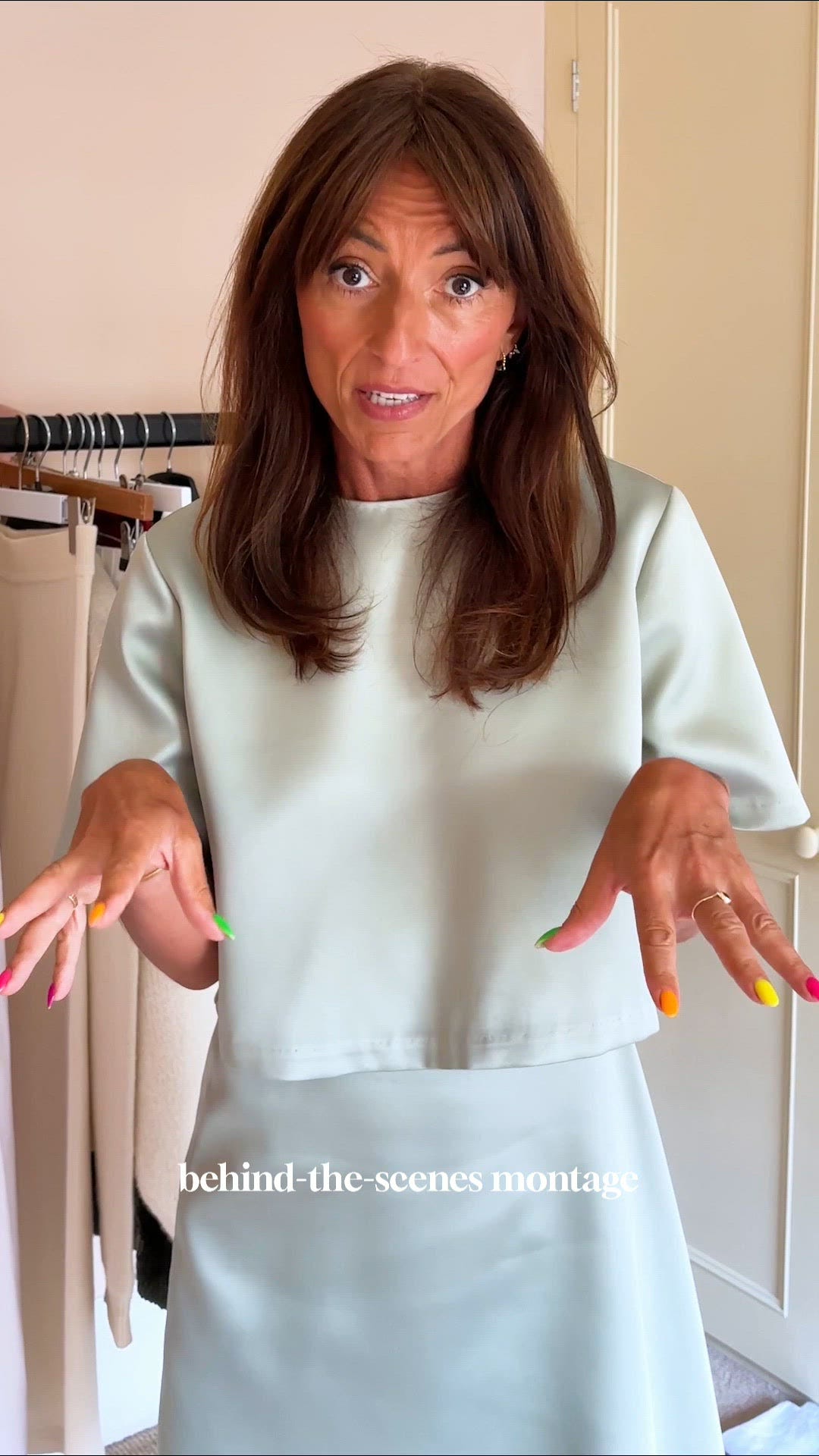Becoming a mother is a leap into the unknown – and women can often feel unsupported and alone. In fact, in the UK there are worryingly high levels of postnatal depression, with the latest NHS statistics estimating that it impacts around one in 10 mothers.
At Good Housekeeping, we wanted to understand more about this and other aspects of your experience of ‘matrescence’ – the process of becoming a mother, both physically and emotionally. That’s why, as part of our landmark 2024 Modern Motherhood survey, we asked you to share your journey.
Matrescence – the process of becoming a mother, both physically and emotionally
What to read next
Nearly 1,400 of you responded with your thoughts and experiences of transitioning from being child-free to motherhood. We asked whether you felt isolated; or whether you had access to help, support and information. We also wanted to explore the impact of having a new baby on your emotional state. And we wanted to find out: are we open enough about what motherhood means?
What you told us
The results were fascinating, and at times made for deeply uncomfortable reading. Last year, over 590,000 women had a baby – yet matrescence is much less explored and written about than the hormonal shifts of adolescence or menopause. While the inner world of a young baby is well-mapped and thought about by an army of psychotherapists and paediatricians, the inner world of a new mum is much less explored. Quite simply, you told us, nothing can prepare you for what becoming a mother means.
“It’s overwhelming to say the least,” said one survey respondent. “Nothing prepares you for what you encounter. It’s a life-changing experience, and life as you knew it is never the same again.”
“Overwhelmed” was a word that came up time and again – though often this came with a powerful feeling of love. “Although I was completely overwhelmed by the responsibility of being a first-time mother, the restrictions of on-demand breastfeeding and having no idea what to do, it was a magical time with my first baby,” another respondent told us. “My whole life changed,” said a third. ”I was now responsible for a tiny human who would need me for their whole life. I’ve never felt love like it.”
Conflicting emotions
It’s clear that becoming a mother for the first time carries with it many conflicting emotions. While the most abiding memory of survey respondents was that of a joyful time bonding with the baby, 35% said they felt totally overwhelmed by the experience, and nearly one in three struggled to breastfeed and felt like a failure. For 36% of respondents, there was a loss of sense of self – but a gain in new insights.
“Nothing really prepares you for having a child and each child is totally different,” one respondent told us. “I had no expectations of how a mother should act or how it all worked, so I had a great experience of discovery and I found I wasn’t that bad at the mothering stuff. It surprised me as much as it did my partner and my family.”
“First-time motherhood is like a voyage into the unknown!” said another. “Mistakes are made but, gradually, confidence develops through experience.” According to another: “It was a complete blur and struggle as a first-time young mother. A miracle we all survived!”
A miracle indeed… a huge 39% of respondents said they felt completely exhausted, with an expectation that they had to do everything. While almost one in three (31%) believed they had plenty of support, the same number of new mothers said they felt under pressure to be perfect, and 29% felt a loss of identity – becoming a mother, they told us, was all-consuming.
Postnatal depression
It’s unsurprising that this seismic shift can trigger difficult emotions – particularly as new mothers often experience intense loneliness. In our survey, one in five struggled to recover from the birth once sent home from hospital. And contrary to the NHS figures, almost one in three respondents told us they experienced postnatal depression (PND). An additional one in five (22%) said they’d felt low at times in the early days of motherhood. Even in 2024, with the laser focus on mental health, mothers find themselves cast out of the spotlight – of the survey respondents who’d suffered from PND, one in six tried to cover it up, as they didn’t want anyone to know.
“I discovered I had postnatal depression when my child was six months old and I was very relieved – I had a reason at long last for why I felt so different to the other new mums around me,” said one respondent. Another told us: “It felt exhausting and I had really bad baby blues a week after birth. Just generally felt overwhelmed and even though I had support I felt alone.” According to a third: “It was very scary. I found it hard because I didn’t really have anyone to help me.”
There’s little doubt that loneliness contributes to depression for new mothers. In fact, studies show that new mums sometimes spend up to eight hours a day alone with their baby, and 43% feel lonely the majority of the time.
Dr Katherine Adlington, a psychiatrist who’s researched the role loneliness plays in women diagnosed with postnatal depression, says: “Loneliness was central to the experiences of women with postpartum depression. Stigma seemed to be a major factor – women talked about feeling ashamed that they were depressed, that there was an expectation of this being the happiest time of their life. Dislocation from previous lives and identity could also feel very alienating – so loss of work, financial independence and social networks.”
For any new mothers struggling with overwhelm, we asked what would have made the early months of motherhood more manageable. More sleep, said one in two respondents; more confidence in mothering skills, said 39%; and being kinder to yourself (33%). For one in three new mothers, an easier breastfeeding journey would have helped.
Despite the many challenges of new motherhood, there is also, for many mothers, a sense of deep joy and love, and renewed closeness with their partner. What was striking was the range of experiences you told us about. For every mother who was surrounded by support and a helpful partner, there was one who felt scared and alone. Some mothers struggled with depression, while others experienced a happy infancy. It is, perhaps, easy to forget that when a baby is born, so is a mother – and only by being honest about our shared experiences can we start a new conversation and finally put to bed expectations that new mothers should just “enjoy every minute”.













